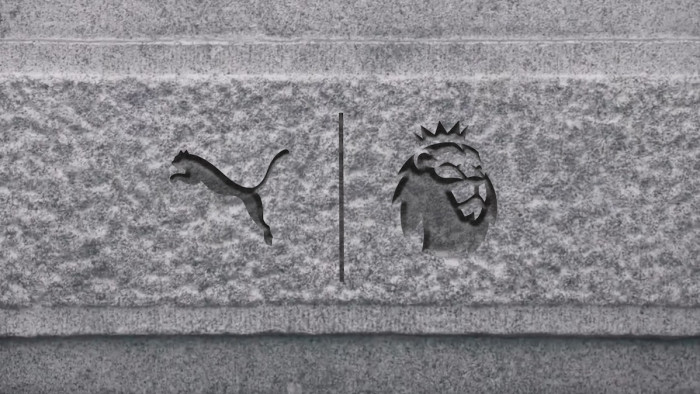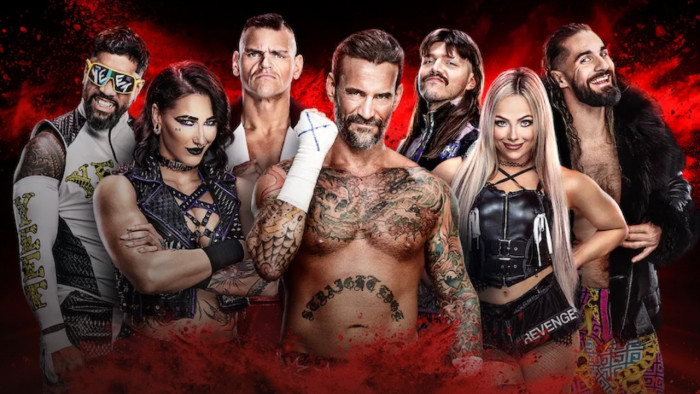What a lifetime of England defeats has taught me and why we should still dare to dream
They missed a huge chance - but more great days are ahead


I forgot just how much it hurts.
Ever since the joy of Saturday’s comfortable - yes, comfortable - quarter-final win against Sweden, I’d assured myself and everyone around me that the job had been done. No one expected England to make it this far and, come what may against Croatia, we’d had a great tournament - anything else was just a bonus. We could all just enjoy the semi-final against Croatia and accept the result, whether good or bad.
But that’s not how football works is it? Because every football fan is like a gambling addict, trundling back to the well ‘one more time’ regardless of the loss or the defeat. And, as the match approached - and, let’s be honest, even on Saturday night as we excitedly worked out plans for where to watch it and with whom - the addict’s internal monologue after winning a bet kicked in: we’ve worked it out. We’ve found a formula. We’ve won this one, why can’t we win another one? This is our time. Croatia are beatable, we could make it to the final. And in a final, anything can happen: a fifth minute red card, a piece of dead ball genius, a deflected goal… we could win this.
Sport is not about treating something like a bonus: on the night, you want to win - because you can, because it’s possible. So, even until the last aching minute of extra time against Croatia I was just desperately, desperately hoping that this time we’d get the luck in the semi-final that we never got in 1990, that we never got in 1996. Snatch a last-gasp equaliser and win the penalty shoot-out. But we didn’t. The final whistle went, and we were out. Again.
Related: Are England actually good now? A biased Welshman exhaustively inspects the evidence

My first thought was certainly not, ‘Oh well, we’d have taken a semi-final spot before the tournament began’. It was: ‘This was our chance, and we didn’t take it.’ We may never have as easy a route to the final again in my lifetime, and we didn’t make use of it. We could have won the game. But we failed to use our early period of dominance to go 2-0 up, we failed to see out the last 20 minutes, we conceded a soft goal in extra time when we could have taken it to penalties.
I was devastated.
Waking up this morning to the sound of ‘Three Lions’ going round my head, like every day since the 1996 classic was claimed as the theme song for this tournament, and then suddenly remembering what had happened was a truly soul-crushing experience.
Scanning through Twitter and various other social media platforms though, it was flooded - like it has been ever since the Sweden game - of messages thanking Gareth Southgate and his squad of players for briefly uniting a nation, for providing an incredible summer of sport. For providing fun, excitement and a reason to be proud of wearing the shirt again. All of this is undeniably true, but how could I square it with the sense of disappointment I was still feeling? Was I right to feel it, or wrong?

In my lifetime watching sport, I have learned that, sometimes, the stars align and you’re presented with a chance, and you must take it.
I couldn’t help but think of my club team Leyton Orient in 2014, when we were a play-off final penalty kick away from getting to the Championship. That season, too, the stars had aligned. On a low budget, we had the perfect blend of experience (before they got too old) and youth (before they were spotted by bigger clubs), everyone stayed fit, everyone played to their maximum level, we had that magic alchemy of personalities creating an unbelievable team spirit and we massively overachieved. 2-0 up at half time in the play-off final, we should have taken our chance. But we didn’t, and the portal to the promised land closed. Two relegations later, and it’s impossible not to think how different our club would have been if we’d hung on that day.
Friends tried to console me that day by saying that we’d go again next year, that there was no reason why the team couldn’t get better and challenge again but I knew what was coming: our young stars left for higher divisions; the older players got too old; others just went off the boil and an external force - a crazed chairman - came in to destroy everything.
People are saying similar things about this England team: we’re a young squad; this is just the start; the real target was 2022.
However, the BBC’s Pat Murphy spoke to my feelings when he tweeted ‘Not sure about this Young Team Will Get Better cliche. Sometimes they just don’t. Other countries improve quicker.’
In this tournament, previously unheralded players played out of their skin. Will Jordan Pickford, Harry Maguire and Kieran Trippier ever play better than they did this last month? Will an England squad ever get on so well and have that level of team spirit again? Will Gareth Southgate ever be able to be ahead of the game on set pieces again like we were this tournament? It’s a difficult trick to pull off twice.
And even if this does all happen, will we ever have such a favourable group draw and route to the final ever again? What if next time we get a Group of Death? Our much-maligned ‘golden generation’ would probably have reached the semi-final of one World Cup had they faced Colombia and Sweden instead of Brazil, Portugal and Germany. Tournament football is fleeting, ephemeral, subject to luck and fine margins.

David Beckham and the ‘golden generation’ never progressed further than the quarter-finals at a major tournament
But. But.
This team could, and should get better. Much has been made of the tournament successes of our Under-17s and Under-20s; if - and it’s a big if - they get game time at their clubs, there’s no reason why a whole herd of them couldn’t start pressing for inclusion in the England team very soon. We have the outrageous potential of Ryan Sessegnon to come; we have Rhian Brewster, who took home the Under-17 World Cup golden boot, and Phil Foden, who won the golden ball. In Jordan Pickford, John Stones, Harry Maguire, Raheem Sterling and Harry Kane we have a spine of players who could play at the top for another decade - if they are bolstered by players who can match their ability and more, then we will have a seriously strong team.
But crucially, after Russia 2018, these exciting young players will want to press for inclusion. Those in the first team will want to play for another decade. Because this World Cup made it fun to be an England player again, after a very long time when that was not the case.
The way the country got behind the team was utterly joyous to watch. And there was nothing but support for them; not the suffocating pressure of before. Can you imagine how incredible the first game back at Wembley is going to be? It’s going to sell out instantly and it’s going to be an absolute carnival. Every single one of that squad of 23 is going to want to play for England for as long as they can, and every single young English player not yet in the squad is going to see the outpouring of love that the team received and think: “I want to be a part of that next time”.
No longer will they think only of their clubs, and view international duty as a chore to be endured: they’ve seen a glimpse of what can happen when they play with pride and get the public on side - now they will want more. I wouldn’t be surprised if Harry Kane’s already got a calendar on his wall counting down the days to the 2020 Euros.

Of course, so much credit for this must be given to Gareth Southgate. He is the one who decided on a new approach to dealing with the media, to dealing with the fans, to presenting himself and his team to the public; allowing themselves to be human, to be likeable, to be relatable, to be loveable.
He’s also proved himself to be a very good manager - and a pragmatic one. Aware of our limitations from open play, he got ahead of the curve in paying so much attention to innovative set-piece play. Aware of our shocking penalty shoot-out record, he brought in a clear system and we won one for the first time in 22 years. Aware of our tendencies to ‘play fair’ and be muscled out by more ruthless sides, he encouraged us to play “by the rules the rest of the world are playing”. Aware of the fact that one side of the draw was easier than the other, he took the professional - but hugely ballsy - decision, vindicated by results, to take things easy in the final group game. Aware of the impact a negative media can have on our performances, he seeked to change things.
These are all big, big steps, that have fundamentally changed the way we play, and the team’s relationship with the general public and he deserves every plaudit he will get in the coming days. Is there room for improvement? Of course, and Southgate was perhaps a little tactically naive against Croatia. But, at 47, he’s a young manager himself, and he will be desperate to improve as well.
Marcus Rashford spoke for us all when he tweeted the following:
Yes, England missed a chance, but over the course of this tournament they’ve changed so many crucial, fundamentally important factors, that more chances will surely come again.
I still believe - and you should too.
(Images: Getty)
Latest
Related Reviews and Shortlists









